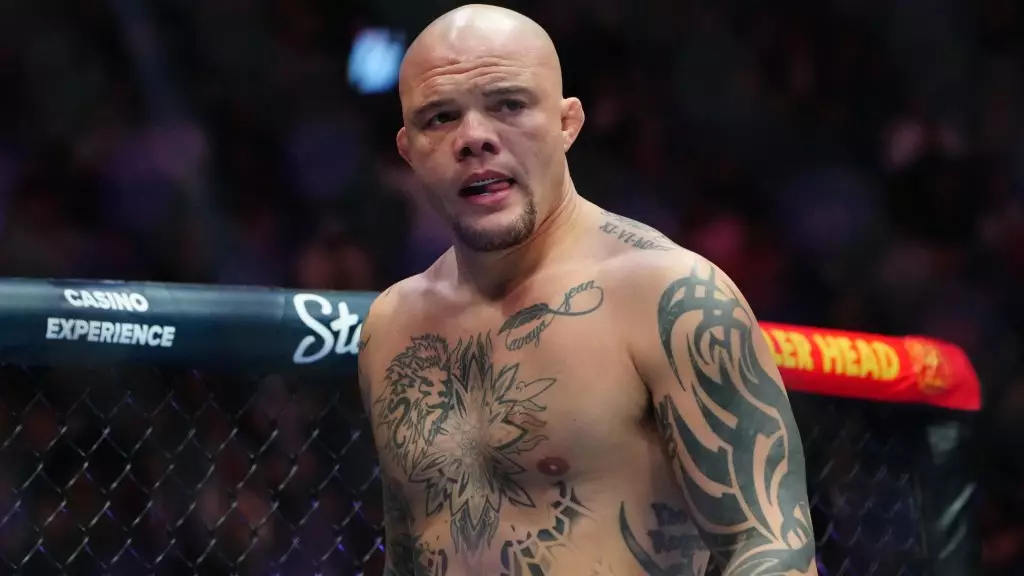Anthony Smith, a seasoned competitor in the UFC with a fighting record of 38 wins and 21 losses, is no stranger to the intense emotional and physical challenges that accompany the sport. His recent bout against Dominick Reyes at UFC 310 ended in frustrating defeat, a loss that left Smith grappling not only with his performance but also with personal grief following the death of his mentor and friend, Scott Morton. The collision of professional setbacks and personal losses led Smith to a pivotal moment in his career, where he found himself contemplating retirement.
In the world of professional sports, particularly combat sports, emotional baggage can weigh heavily on an athlete’s performance. For Smith, the loss against Reyes was amplified by the emotional turmoil he faced beforehand, prompting him to evaluate his future in the octagon. Smith’s candid acknowledgment of asking to be punched during the fight reflects a deep sense of disconnection and grief, emphasizing the mental toll of competing while burdened by personal loss.
Finding Clarity in Unexpected Places
Amidst the chaos of his thoughts, a recent trip to Puerto Rico served as a turning point for Smith. He described a profound experience while diving, which allowed him to escape the overwhelming noise of the world. This moment of solitude and focus prompted him to ask himself critical questions about his life and career. “What are you going to do with your life? What’s your plan?” These reflections signify a transformative phase for Smith, where clarity emerged through an unconventional method—immersing himself in the tranquil underwater scenery.
Smith’s ability to zone in on a singular moment, shedding the weight of the outside world, showcases an admirable trait found in resilient athletes. Rather than allowing the emotional weight of loss and defeat to define him, he chose to harness the clarity gained from his diving experience to create a plan moving forward.
Emotional Resilience and Future Aspirations
As Smith navigates his decision-making process regarding his future in the UFC, he emphasizes an important theme: the need to approach retirement decisions with a clear mindset rather than succumbing to fleeting emotions. His desire for a fair opportunity to leave the sport on his own terms speaks volumes about his character. “I can’t go out like that,” he reflects, striving for a narrative that reflects stability and growth rather than defeat shaped by grief.
What lies ahead for Anthony Smith remains uncertain, but his commitment to finding favorable circumstances for his next fight underscores a vital aspect of an athlete’s journey: resilience. In his pursuit of a renewed training camp devoid of personal tragedy, Smith’s narrative resonates not only within the combat sports community but also serves as an inspiration for anyone facing the dual challenges of grief and professional ambition. The path forward may be filled with hurdles, but the strength demonstrated by Smith can inspire others who are navigating their struggles both inside and outside their arenas.

